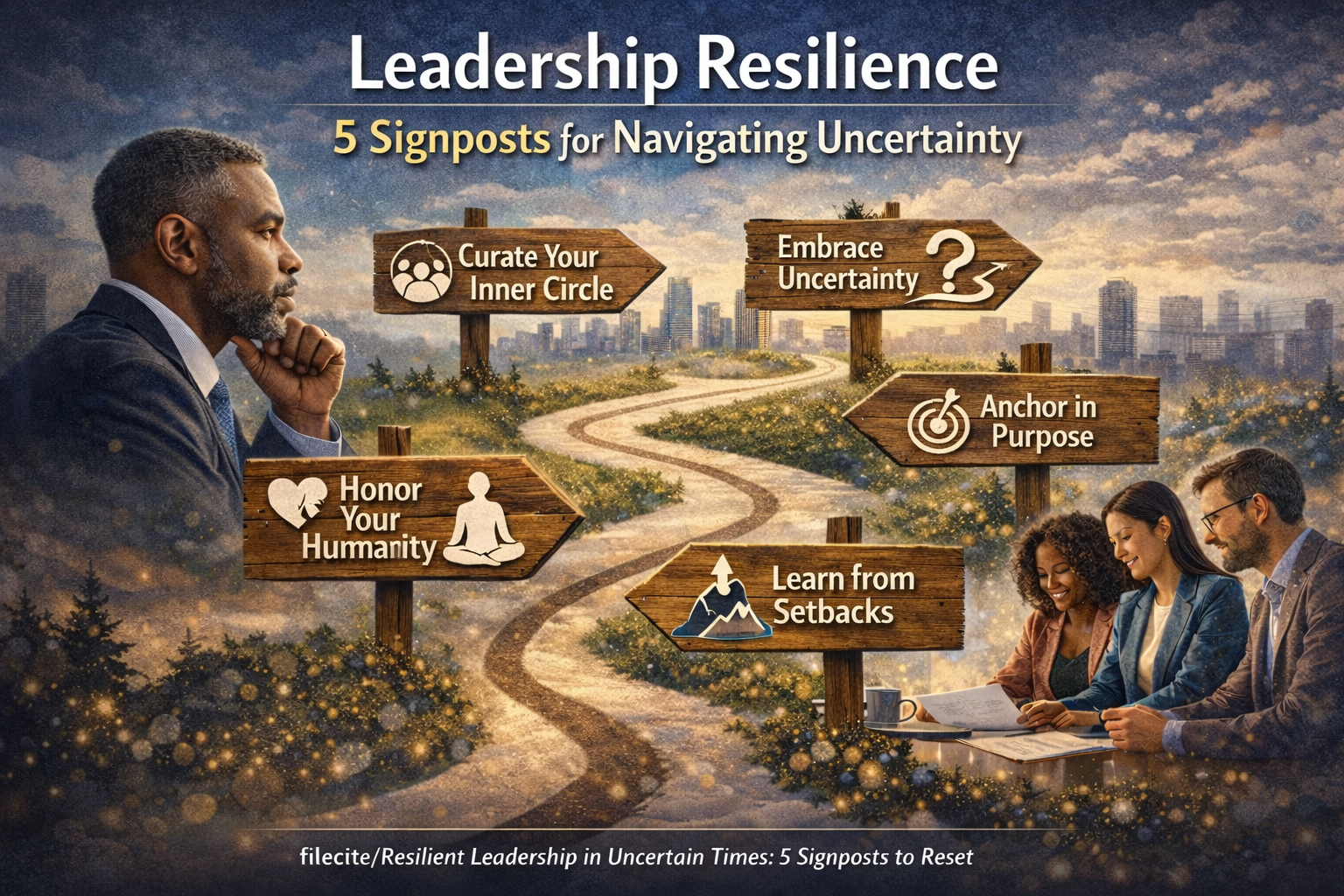Use Positive Psych to Boost Staff Morale, Strengthen Teams

New research from Gallup shows a significant decline in employee engagement in the last few years. According to Gallup, only 32% of full- and part-time employees are engaged today. Fully 18% are what Gallup calls “actively disengaged.”
Those are shocking numbers, and business leaders need to take them as a serious wakeup call. After three years of severe workplace upheaval, employers simply cannot ignore declining employee engagement and morale.
At The Workplace Coach, we recommend using the tools and frameworks of positive psychology to strengthen the morale and engagement of your teams. This blog outlines five ways to do so, providing specific specific action steps for each.
What humans need to thrive and perform optimally
Positive psychology is the study of the strengths, emotions, traits and values that support optimal functioning, wellbeing and resilience. Positive psychology research has identified five basic ingredients of wellbeing – positive emotions, engagement, relationships, meaning and accomplishment.
These five ingredients of wellbeing are the same things your employees need to feel a sense of connection to their work.
Here are five ways you can improve and sustain team morale and engagement.
5 steps to boosting morale & engagement
- Foster a culture of positivity.
Action steps: Express appreciation regularly and encourage team members to do the same. Celebrate successes both large and small. Curtail negativity by communicating expectations and workplace values clearly. Put individuals with positive outlooks in strategic roles.
- Support employees in finding new ways to use their strengths at work.
Action steps: Let employees know you want them to grow. Talk with individuals about their strengths, then brainstorm together about how they might use their strengths in ways that will allow them to learn and develop. Check back regularly.
- Nurture workplace relationships to cultivate a sense of connection and belonging.
Action steps: Host workplace lunches and/or fun outings to create opportunities for connection. Make sure employees feel listened to. Ask employees what would help them feel more connected at work.
- Help employees experience a greater sense of purpose at work.
Action steps: Communicate to team members the specific ways that their contributions are vital to the organization’s mission; reinforce this message regularly. Ask employees what they find most rewarding about their work and find ways to expand those aspects of their roles.
- Show employees they matter as people.
Action steps: Check in with employees individually about their work-life challenges. Show compassion when employees are under stress and consider ways you can help reduce their stress, for instance by being flexible about work hours or allowing remote work.
Engaged employees drive better outcomes
For the third year in a row, the workplace is experiencing volatility, uncertainty and change – from the pandemic, to supply chain disruptions, to remote work, to complexity sparked by global interdependence. In these conditions, leaders simply must prioritize boosting team morale if they want to avoid potentially disastrous consequences.
The good news is that leaders who are proactive about improving the morale and engagement of their employees can expect to see positive results. According to Gallup, organizations with highly engaged employees experience:
- higher productivity
- lower employee turnover
- lower absenteeism
- higher customer loyalty/engagement
- higher profitability.
Effective teamwork requires trust, shared purpose, motivation, communication, loyalty, conflict resolution skills, flexibility and positive attitude. These same attributes are key to positive morale. So whether you sense that morale is suffering in your organization or your teams need to ratchet up the quality of their work, improving engagement through positive psychology is a smart move.
ABOUT THE WORKPLACE COACH: For more than two decades, The Workplace Coach has partnered successfully with executive and leadership coaching clients and organizations to help them achieve their strategic goals. Leadership coaching clients report success in developing their leadership mindset and executive presence and in using leader-as-coach skills to drive employee engagement and productivity.
Contact The Workplace Coach today to equip your senior leaders for the challenges ahead.
Get Practical and Actionable Insights Delivered Monthly
Sign up for our blog now so you never miss out on our expert advice and tips.
Other Blogs

A Third Consumer Choice Award—Why We’re Grateful (and Why It Matters)

Choosing a Theme for 2026: A Better Alternative to Resolutions





